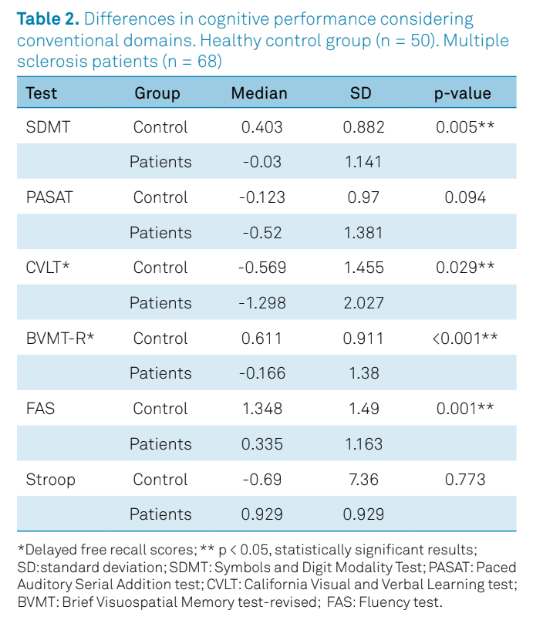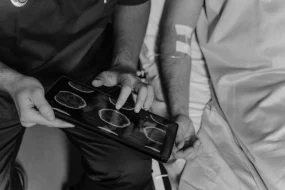
Analysis compared resonances and neuropsychological evaluations from 68 ALS diagnosed patients with results from 50 healthy subjects to evaluate possible impact on social perception
Research led by a Pontifical Catholic University of Chile team has proven the relation between Amyotrophic Lateral Sclerosis (ALS) and the deterioration of cognitive functions related to social behaviour of those diagnosed. Through the analysis of the patients’ atrophy, researchers confirmed significant changes in the insular cortex and the frontal lobe, which are directly linked to the social behaviour of individuals.
60 people with ALS were selected for the development of the study, along with 50 healthy individuals forming a control group used for result comparison. From this, the application of brain structure analysis imaging exams was considered, along with cognitive tests that evaluate factors such as speech, hearing, memory and mental health, and measured the results in a scoring system conducted by one previously trained evaluator.
The magnetic resonance imaging readings also reinforced the connection between the disease with the significant reduction of white matter and brain volume when compared with imaging of patients with preserved brain capacity and compatible average age (37 years). In addition to having higher depression and fatigue indexes, diagnosed in neuropsychological analysis, the patients also scored lower than the control group in the verbal fluency, processing speed and visual memorization tests.
Check below the recordings of the main results obtained by the physical and neuropsychological testing of the volunteers for the research. The tables compare the scores obtained by each of the groups in the analysed reports and criteria.


With the conclusion of the obtained results, the research team reinforces the role of the paper on the progress of Amyotrophic Lateral Sclerosis research and, more specifically, turn heads to the south american patients. “This paper contributes to the clarification of one of the seven general expressions of social cognition deterioration in multiple sclerosis, specifically the robust corroboration of facial expression recognition decline and their neural correlates. Furthermore, our results have the interesting characteristic of exploring this cognitive process in a considerable number of latin-american patients”, finishes the group of researchers responsible for the article.

Picture: Internet – Pontifical Catholic University of Chile’s website
The impacts of socialisation related cognitive capacity declines
Marina Scherer is a 26 years old journalist and digital influencer that, at the age of 13, was diagnosed with Multiple Sclerosis. She recently viralized in the social media when she shared with over 350 thousand people the impacts of the disease on her daily life.
In an interview for Brain::Science, she comments on the results of the research and describes how the disease has been affecting her speech, train of thought and memorization during conversations and moments of social interaction. “Sometimes I lack the words to finish the phrases, you know? My thought is way ahead but I can’t express myself”, she says.
Still, humorously, the influencer says that the difficulty with articulateness in these factors, broadly speaking, are not enough to stop her from having great social interactions. “I deal with it very well. People can sometimes think that it’s just a lack of attention and don’t perceive it as something very bad”, finishes Scherer.
As for Helly Dias de Araújo, a 39 year nurse that has been living with her ALS diagnosis for a year, the disease’s development has been more costly and disturbs various factors related to her life in the society. “My speech has been affected and that leaves me really embarrassed. Besides that, my memory has been damaged and many times that hurts me, because I forget basic stuff and don’t have the same speed of thought I had before”, says the patient.
Araújo, who lives with a severe case of depression, intensified by the disease, finishes the interview speaking about other people’s perceptions about her socialisation difficulties. “Some people don’t get it and laugh at the situation, because there’s no respect or empathy for those who have multiple sclerosis. Often they mistake fatigue for laziness, so I can say that my social ability was indeed really affected”, she adds.
The paper “Regional brain atrophy is related to social cognition impairment in multiple sclerosis”, authored by Tomas Labbe, Cristian Montanalba, Mariana Zurita, Juan Pablo Cruz, Macarena Vasquez, Sergio Uribe, Nicolás Crossley and Claudia Cárcamo, was published in 2020 and is available through the DOI 10.1590/0004-282X-anp-2020-0162





